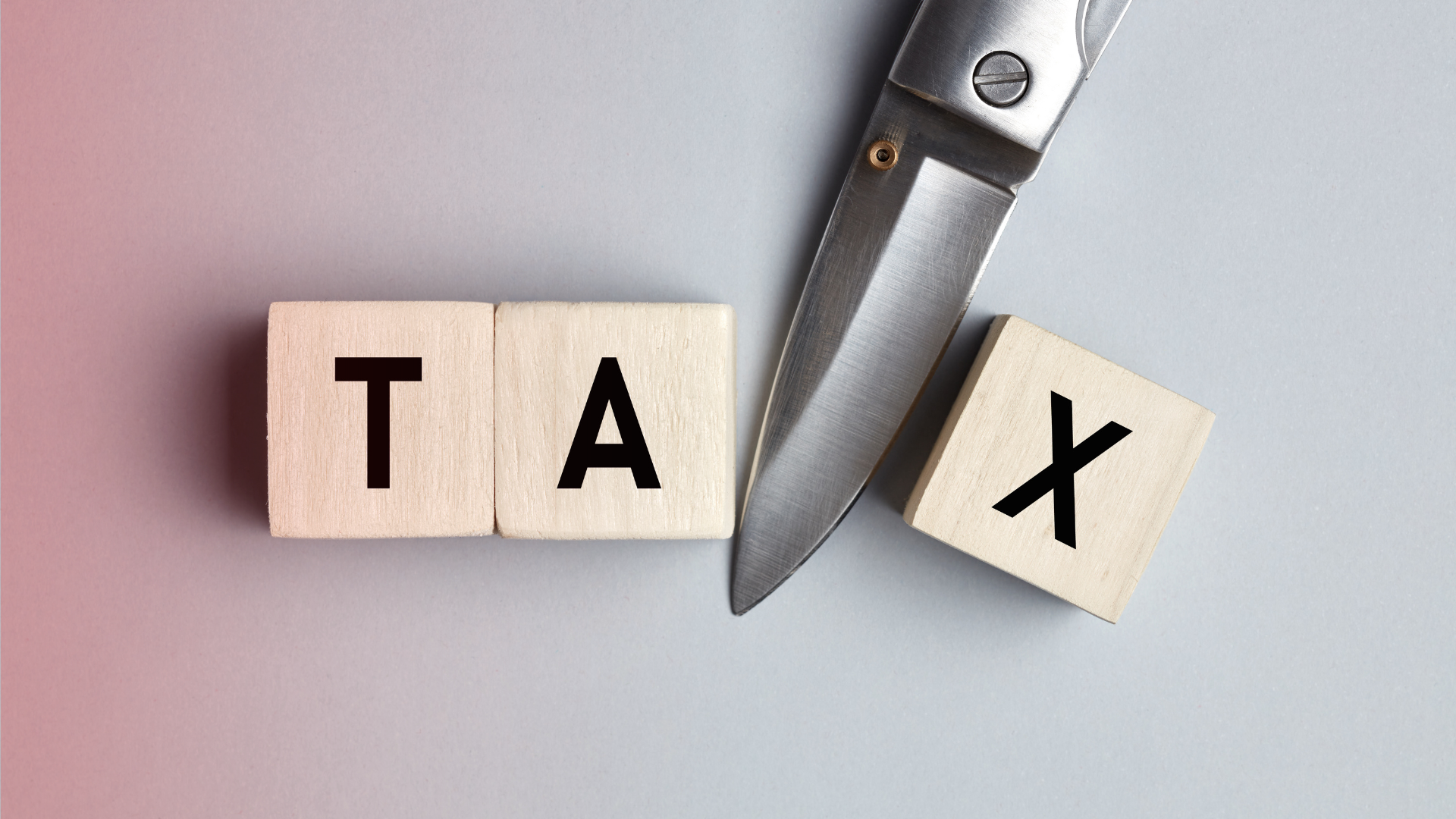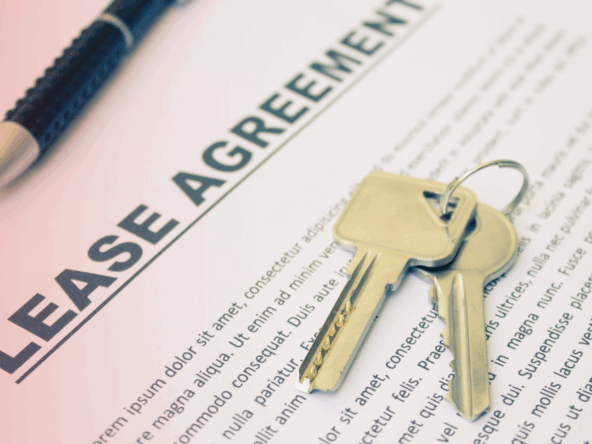As a landlord in Hamilton, Cambridge, or across Waikato, understanding tax deductions is key to maximising your profits.
Here are some essential tips for landlords to effectively maximise their tax deductions.
1. Understand Eligible Expenses
Know What You Can Deduct
Familiarise yourself with the types of expenses that are tax-deductible. Common deductible expenses include mortgage interest, property taxes, insurance premiums, repairs, maintenance, and property management fees. Knowing what you can deduct helps you keep accurate records and claim all eligible expenses.
2. Keep Detailed Records
Stay Organised
Maintain detailed records of all your expenses throughout the year. This includes receipts, invoices, and bank statements. Proper documentation is essential for substantiating your deductions and can help you in case of an audit.
3. Claim Depreciation
Don’t Miss Out on This Key Deduction
Depreciation is one of the most significant tax deductions available to landlords. You can depreciate the cost of your rental property over time, which reduces your taxable income. Be sure to claim depreciation on the property itself, as well as on any improvements or major appliances.
4. Deduct Travel Expenses
Track Your Mileage
If you travel for rental-related activities, such as property inspections, meetings with tenants, or trips to the hardware store, you can deduct the associated travel expenses. Keep a log of your mileage and retain receipts for any travel-related costs.
5. Take Advantage of Home Office Deductions
Claim Your Workspace
If you use part of your home exclusively for managing your rental properties, you may be eligible for a home office deduction. This can include a portion of your mortgage interest, utilities, and home insurance.
6. Deduct Legal and Professional Fees
Include All Professional Services
Legal and professional fees related to your rental property are deductible. This includes fees paid to accountants, property managers, and attorneys. These deductions can add up and significantly reduce your taxable income.
7. Don’t Overlook Repairs and Maintenance
Differentiate Between Repairs and Improvements
Repairs and maintenance costs are fully deductible in the year they are incurred. However, it’s important to distinguish between repairs (which keep the property in good condition) and improvements (which add value to the property). Improvements must be depreciated over time.
8. Deduct Interest Expenses
Maximise Your Mortgage Interest Deduction
Mortgage interest on loans used to purchase or improve your rental property is deductible. This can be a substantial deduction, especially in the early years of a mortgage when interest payments are higher.
9. Claim Advertising Expenses
Promote Your Rental
The cost of advertising your rental property is deductible. This includes online listings, print ads, and any other marketing efforts to attract tenants.
10. Consult a Tax Professional
Get Expert Advice
Tax laws can be complex, and it’s easy to miss out on deductions if you’re not familiar with them. Consulting a tax professional who specialises in rental properties can help you identify all eligible deductions and ensure you’re maximising your tax savings.
Following these essential tips, landlords can maximise their tax deductions and reduce their taxable income.
Proper record-keeping, understanding eligible expenses, and seeking professional advice can significantly increase your rental property’s profitability.
Property owners in Hamilton, Cambridge, and Waikato can save thousands by applying these strategies. For tailored advice, contact ARS Property Management today.
Need a property manager in Hamilton property manager, Cambridge, or Waikato? Contact ARS for expert property management services.




